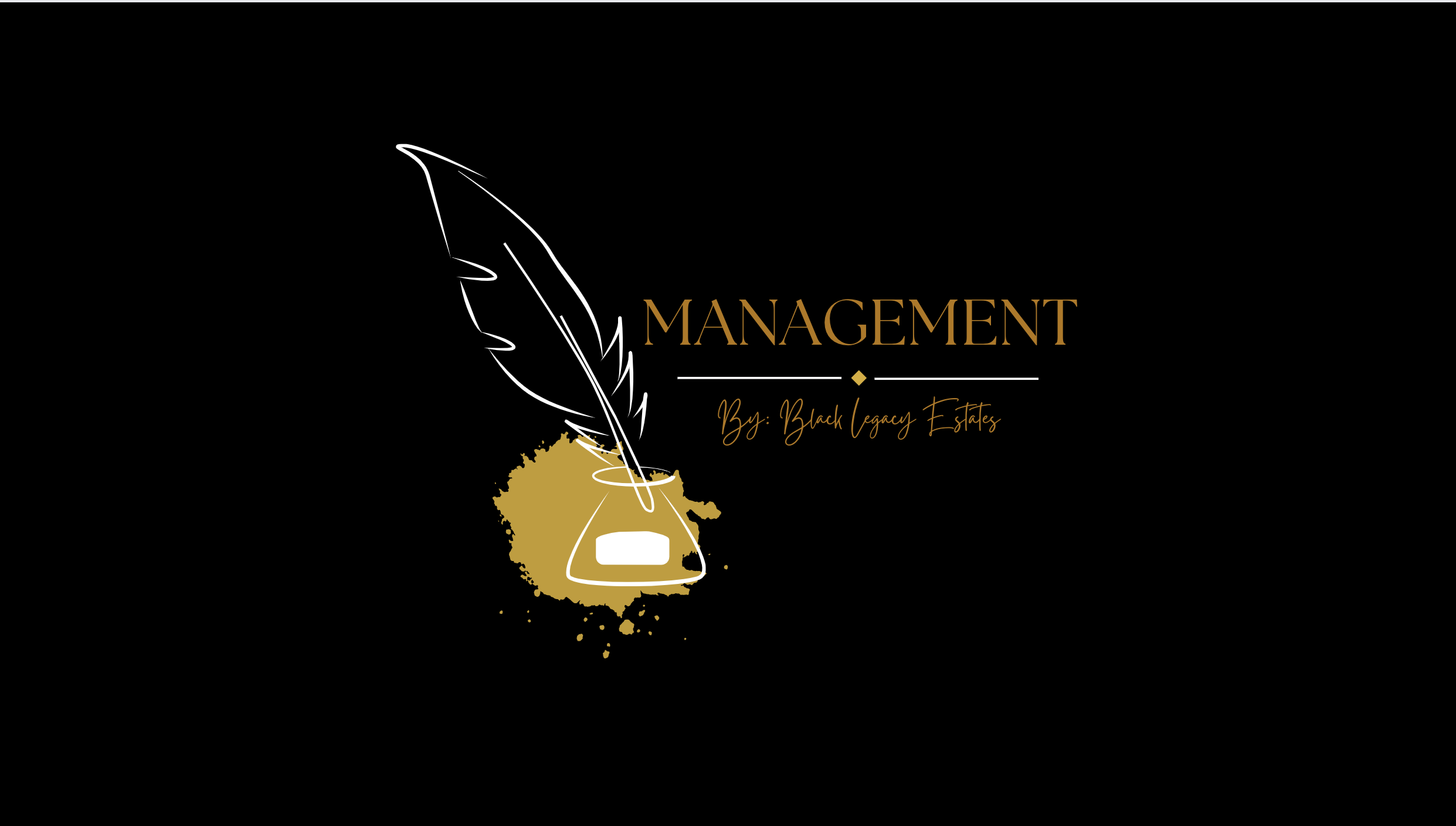
Our contract management is the process of creating, executing, and overseeing contracts between parties to ensure that all parties fulfill their contractual obligations. It involves various stages, from contract creation and negotiation to monitoring performance and handling disputes.
Here are key aspects of our contract management:
Contract Creation:
Drafting: Prepare a well-defined and comprehensive contract outlining the terms and conditions.
Negotiation: Parties involved may negotiate terms to reach a mutually agreeable contract.
Contract Execution:
Signing: Once terms are agreed upon, parties sign the contract to make it legally binding.
Approval: Some contracts may require approval from higher authorities within the organizations.
Storage and Retrieval:
Centralized Repository: Store contracts in a centralized system for easy access.
Version Control: Manage different versions of contracts and track changes.
Compliance Management:
Ensure that all parties adhere to the agreed-upon terms.
Monitor regulatory compliance and industry standards.
Obligation Management:
Identify and track obligations for each party.
Ensure timely fulfillment of contractual obligations.
Performance Monitoring:
Track and assess the performance of all parties involved.
Implement key performance indicators (KPIs) to measure success.
Risk Management:
Identify potential risks associated with the contract.
Develop strategies to mitigate risks and address unforeseen issues.
Renewal and Termination:
Monitor contract expiration dates.
Decide whether to renew, renegotiate, or terminate contracts.
Communication and Collaboration:
Facilitate communication between parties throughout the contract lifecycle.
Collaborate on amendments or changes as needed.
Dispute Resolution:
Establish procedures for resolving disputes.
Mediation, arbitration, or legal action may be considered if conflicts arise.
Automation and Technology:
Use contract management software for automation.
Implement technology solutions for efficient contract tracking and analysis.
Auditing and Reporting:
Conduct regular audits of contract performance.
Generate reports on contract status, compliance, and performance.
Documenting Changes:
Document any changes or amendments to the contract.
Maintain an updated record of contractual modifications.
Schedule a Consultation
Start your journey today, schedule a consultation with on of our Client relations specialists below.


